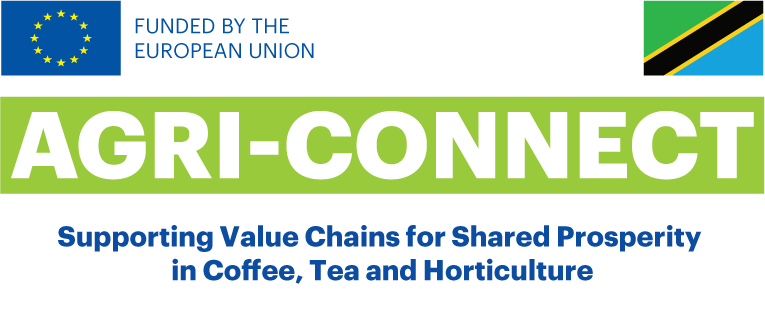Linking the ASDP Phase II component 4 – strengthening sectors enablers and coordination – for three crops (tea, coffee and horticulture) and AGRI-CONNECT result area 1 – Sectors enablers and business environment – in the Tanzania Mainland is key in achieving an improved policy, legislative and regulatory framework; increase trade promotion services; improve sector governance, coordination, and dialogue; increase capacity of district authorities to support sector growth and improved nutritional outcomes, and as a crosscutting issue, promote and strengthen gender inclusiveness in the agricultural sector.
In Zanzibar, horticulture is among the commodity value chain prioritized by the Zanzibar Agriculture Development Programme (ZASDP). Growth in the horticultural sub-sector in Zanzibar presents many opportunities for building rural and urban economies and currently contributes significantly to food security, nutrition and economic growth. AGRI-CONNECT programme is aligning with the policies framed within the ZASDP and contribute, with selected interventions, to the development of the horticulture value chain.
Rationale
Sustainable Agriculture is key in both national and regional programmes supported by the European Union in Tanzania. At national level, the 11th European Development Fund National Indicative Programme (NIP) identified sustainable agriculture as one of the three focal sectors in Tanzania. AGRI-CONNECT is the main programme under the sustainable agriculture focal sector.
There are three value chains targeted under AGRI-CONNECT: coffee, tea and horticulture. Technical studies and project outcomes from the implementing partners suggest that such commodities offer the highest potential for smallholders’ increased income and nutrition.
For the three commodities, AGRI-CONNECT is working to strengthen enabling environment and enhance development and growth, particularly private sector investments. This includes reducing excessive and complex tax policies, their uneven application, burdensome licensing and export procedures, inefficient and market-distorting pricing mechanisms, constrained access to finance also due to a lack of de-risking mechanisms, and opaque land titling policies. Furthermore, it includes improving dialogue and coordination among and between public and private stakeholders, weak governance of producer groups, and limited local government capacity to contribute to agricultural development.

